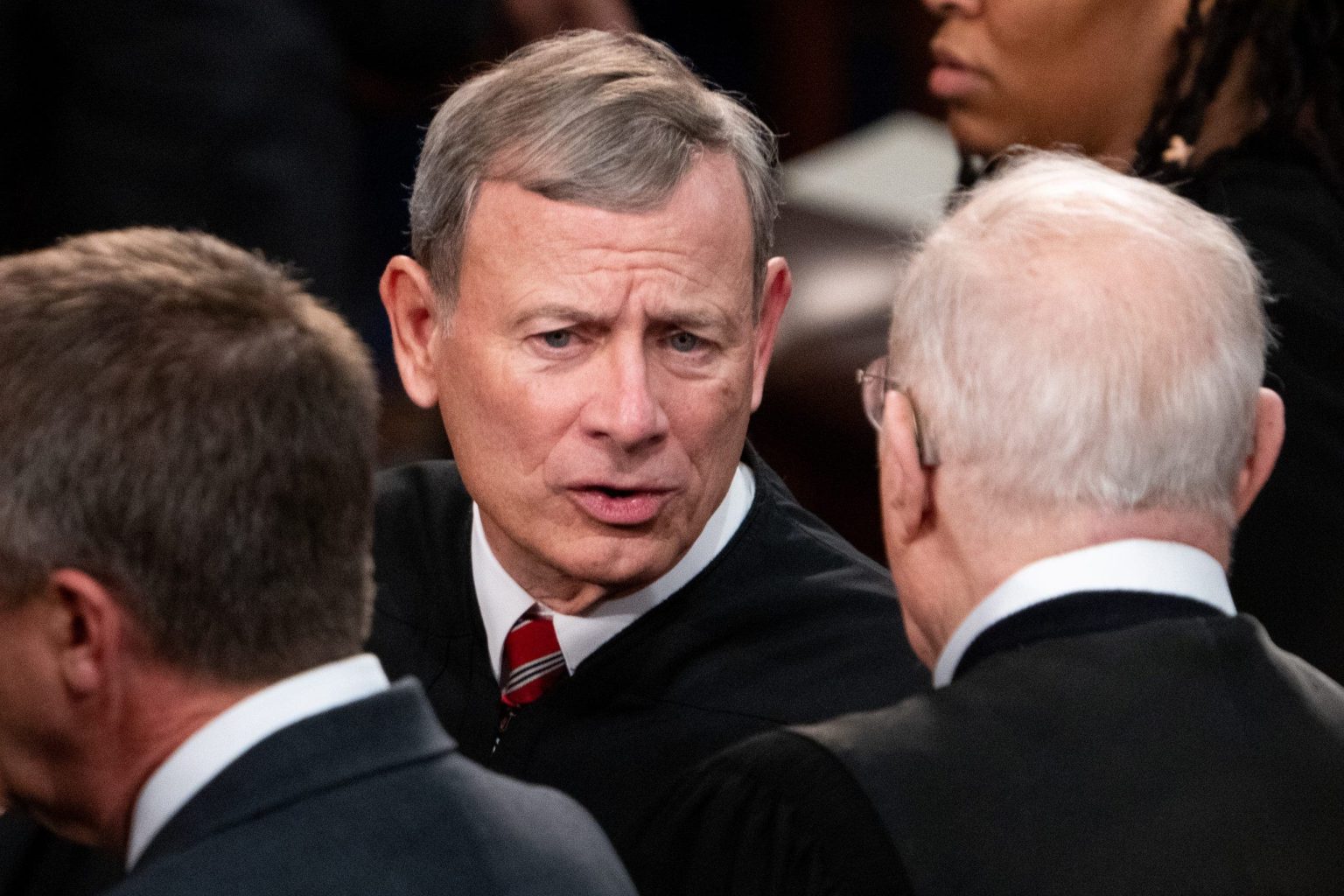Legal experts warn that the recent leak of private memoranda and conversations between Supreme Court justices, as reported by the New York Times, is destructive to the high court. The leaked information included internal memos and deliberations that allegedly showed Chief Justice Thomas influencing the outcomes of three major cases, including granting former President Donald Trump immunity for certain presidential acts. The leak comes on the heels of a leaked draft of the Dobbs opinion, which overturned Roe v. Wade in 2022, and ongoing efforts by Democratic lawmakers and the Biden administration to make significant changes to the court and ethics enforcement. Some Republican lawmakers claim these efforts are politically motivated to delegitimize the court, now with a majority of Republican-appointed justices.
Legal experts are concerned that the leaks will undermine the Supreme Court’s decision-making process by hindering justices’ ability to be candid with each other. James Burnham of King Street Legal called the leaks “enormously destructive” and stated that it prevents the justices from deliberating openly. Carrie Severino, president of the Judicial Crisis Network, believes the leaks are part of a left-wing campaign against the Court, aiming to cast a negative light on justices. The leaks are seen as an attempt to smear the Court as an institution, with some justices being targeted more than others in an effort to influence Chief Justice Roberts’ decisions.
Constitutional attorney John Shu believes that the leaks are politically motivated to keep Chief Justice Roberts anchored in the center or push him towards the center-left in the upcoming term, particularly if Trump is reelected. As Chief Justice, Roberts has administrative power and the authority to assign opinions when he is in the majority. The leaks, which violate the confidentiality of deliberations and opinion drafting, have shattered yet another norm. Shu highlights that the leaks are concerning, as they impact the sacred nature of the Supreme Court’s decision-making process and open deliberations.
While some legal experts believe the leaks are politically motivated to influence Chief Justice Roberts, others see it as a destructive act that undermines the credibility and integrity of the Supreme Court. The leaked information, which included internal memos and discussions, has raised concerns about the ability of justices to deliberate openly and candidly. The leaks have been perceived as part of a broader campaign to delegitimize the Court and cast negative light on certain justices. The leaks have also been criticized for violating the confidentiality of the Court’s decision-making process and undermining the sanctity of its deliberations.
The leaks have sparked outrage among legal experts and observers, who view the breach of confidentiality as harmful to the functioning of the Supreme Court. The leaks, which revealed private memos and conversations between justices, have been condemned as destructive and disruptive to the Court’s decision-making process. The leaks are seen as politically motivated attempts to influence Chief Justice Roberts and undermine the credibility of the Court. The leaks have violated norms of confidentiality and integrity, casting a shadow over the Court’s proceedings and raising concerns about the impact on its ability to deliberate openly and effectively.


